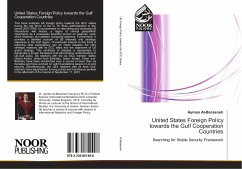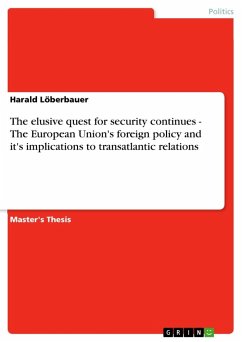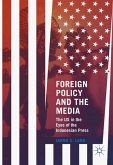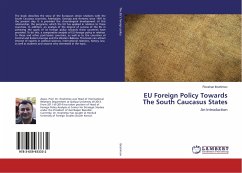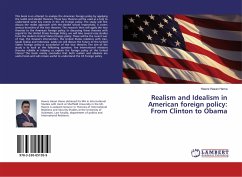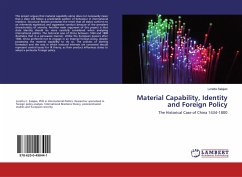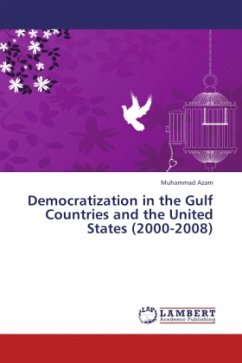This book analyzes US foreign policy towards the GCC states during the two terms of the G. W. Bush administration in the period 2001-2008. It concentrates on describing and analyzing US interactions with Arabia; a region of central geopolitical importance as it possesses bountiful proven oil reserves, upon which American and western prosperity depends. Furthermore, it provides a detailed account of US interests and strategic objectives in the Gulf region. Of particular interest to this book is exploring what associations can be made between the US's strategic relations with its GCC allies and the objectives of US grand strategy. This synthesis of analysis is appropriate to demarcate a proper framework that will enhance understanding of US-Gulf policy. US relations with the six GCC member states (Saudi Arabia, United Arab Emirates, Qatar, Kuwait, Oman and Bahrain) have been entrenched over a course of more than six decades and have evolved on solid foundations based on oil and security. Simultaneously, the US's relations with its Arab Gulf partners have experienced turning points and tumultuous periods in the aftermath of the trauma of September 11, 2001.
Bitte wählen Sie Ihr Anliegen aus.
Rechnungen
Retourenschein anfordern
Bestellstatus
Storno

